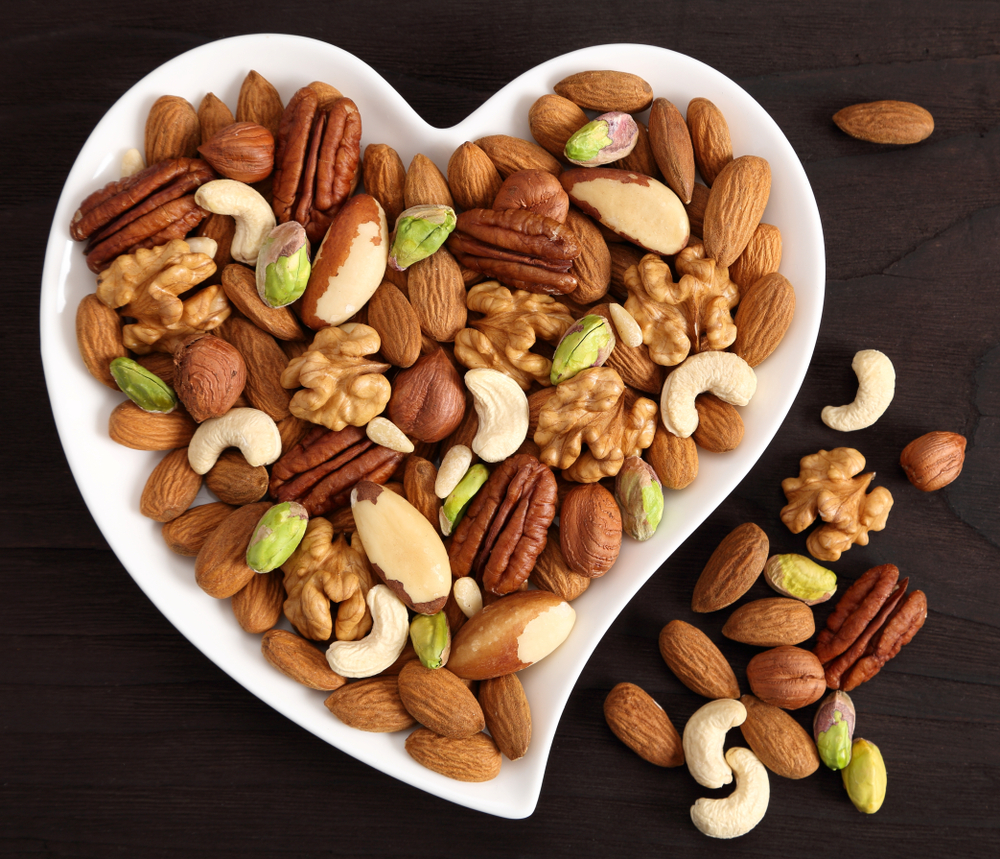
Essential Fatty Acids | Nestle Pou Nou | Mauritius
June 9, 2021
|
1 min
When you hear about fat, you are very likely to associate it with something you should totally avoid or consume moderately. You're not wrong, but only if you're talking about saturated fats that aren’t good for your body at all. This is because fat, as well as carbohydrates, proteins and many other nutrients are necessary components of your diet and, in some cases, can even be good allies of a healthy diet.
Fat should first be ingested at appropriate doses, which generally ranges from 20 to 35% of the total energy value you consume daily. Consuming the right fats at the right doses is good for your health as you are already consuming them in some foods without realizing it.
But it's important to know, first, that there are different kinds of dietary fats. Saturated fats, monounsaturated fats, polyunsaturated fats, trans fats, cholesterol and phytosterols. Of all of them, the ones you should consume more regularly are undoubtedly polyunsaturated ones, namely essential fatty acids, especially omega 3 and 6.
What are these fatty acids? They are essential acids for the normal functioning of your body, but it can’t produce them itself. To absorb the levels of fatty acids that your body needs to function properly, you must consume foods that are rich in these components. We are essentially talking about linolenic acid, i.e. omega 6, and alpha-linolenic acid, omega 3.

Functions of essential fatty acids
Essential fatty acids perform functions that are key to ensuring that your body works properly, each of which acts differently. EPA and DHA, two long-chain omega 3 fatty acids, for example, are associated with anti-inflammatory and immunomodulant properties. They also help protect the cardiovascular system and reduce the risk of diseases such as strokes. On the other hand, they are also associated with the nervous system, as they can improve our cognitive functions and even help to prevent diseases such as Alzheimer's. Omega 6 complements the functions of omega 3s, both at the level of the nervous system and in the inflammatory response. In addition, omega 6s produce substances that are associated with the transmission of nerve messages and are also fundamental for both growth and the development of the organism.
Foods rich in essential fatty acids
Here are some of the foods that are richer in essential fatty acids:
- Oily fish (salmon, tuna, mackerel, and herring)
- Fish oils
- Oil seeds (walnuts, almonds, pistachios and hazelnuts)
- Seeds ( chia, flaxseed or sunflower).
- This type of fatty acids is also present in olive oil and in some vegetable oils such as peanuts, sesame, corn, sunflower, soybean, as well as in egg yolk.